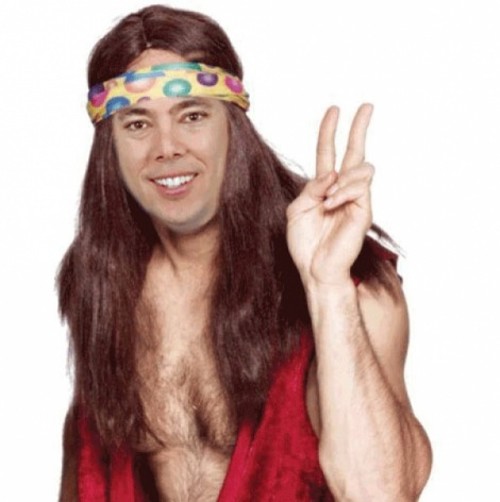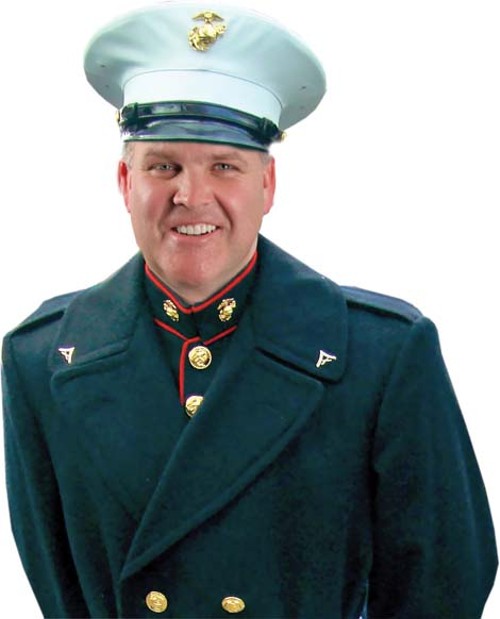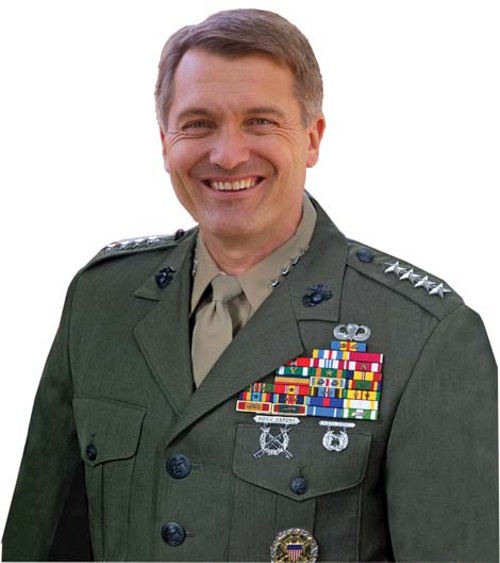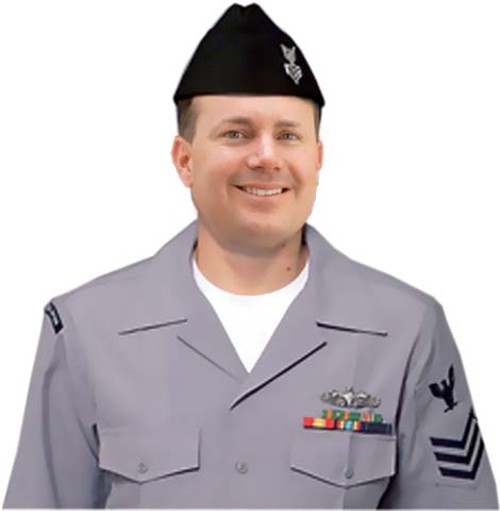War Report: Utah Federal Candidates' Plans for Military, Veterans
They all claim to support veterans but none have a plan for peace.
By Josh LoftinIn a year when the economy and immigration dominate political debates, the military has become the ignored front-page news. Even in federal races, where the congressional representatives will have a direct impact on funding decisions and military actions, voters and candidates barely even mention it.
That is true whether the issue is the troop drawdown in Iraq, the ongoing war in Afghanistan—now in its 10th year—or veteran care. Sure, military issues are important to candidates, when asked. It’s just that nobody is asking and, thus, no candidates are talking.
To that end, City Weekly asked all of the candidates for federal office for their thoughts on military issues, especially the current wars and veteran care. For more detailed breakdowns of each race, visit CityWeekly.net.
|
|
|
|
|
|
|
|
|
|
Incumbent Rep. Rob Bishop [R] vs. Morgan Bowen [D]: 1st District
|
|
|
|
|
|
|
|
His Democratic opponent, 45-year-old Morgan Bowen—who ran against Bishop in 2008, as well—is concerned about the “outrageous profiteering” caused by the use of contractors, especially in the Middle East. “It’s crony capitalism. If you know somebody in government, you get rich,” particularly in the foreign war zones, Bowen says.
He also wants to see care for veterans made a “priority,” which requires adequate funding. But it doesn’t stop with veterans. Bowen would like to see a lot more services offered for the families of active-duty soldiers and returning veterans. “They come home, and we’re willing to pull the rug out from under them. It’s immoral ... we need to have the decency to help them.”
Incumbent Rep. Jim Matheson [D] vs. Morgan Philpot [R]: 2nd District
|
|
|
|
|
|
|
|
As for veteran issues, he says that he hasn’t heard a lot of complaints about care, but that it should be a priority. “If there’s an argument being made that there isn’t enough being done, then I will certainly start working on the issue.”
As Matheson constantly reminds voters, he is a fiscal conservative. That approach extends to the defense budget, which he says needs to be “scrubbed” with an in-depth audit and then use the “guaranteed savings” to purchase basic equipment and adequately fund veteran care.
Another issue Matheson continually harps on is nuclear testing and its legacy of downwinder cancer. Thus, he has been a strong opponent of any new testing, underground or otherwise. Philpot is also opposed to renewed testing, but says that talking about it is a tactic used by Matheson to drum up fear among voters.
Incumbent Rep. Jason Chaffetz [R] vs. Karen Hyer [D]: 3rd District
|
|
|
|
|
|
|
|
Hyer says that when it comes to the military, one of her most important issues is the treatment of war veterans. Instead of the current approach that has soldiers simply screened for possible post-traumatic stress disorder, she would like to see a requirement that every soldier who has been to a war zone go through basic counseling, with additional treatment if necessary. By doing so, “the stigma of treatment would be removed, and it wouldn’t be left to the soldier to ask for help.”
Hyer calls herself conservative and was a Republican most of her life, but decided to run as a Democrat—she is actually still registered as unaffiliated—because she tired of the continued abuses of powers and ethical conflicts for Republicans, especially on the state and federal level. Meanwhile, Chaffetz was preaching the tea-party platform before anyone even heard of Sarah Palin. He also made a name for himself because of that tea-party conservatism, which has, at times, put him at odds with his own party.
Among his most notable votes, in fact, was his opposition to continued funding for the war in Iraq. He was one of only 12 Republicans to vote against it, primarily because he was frustrated that there was not a defined goal in the war. Not that he’s a peacenik. Instead, he wants the military to “go in with everything” to win the war (any war, for that matter) or get the hell out.
On the homefront, Chaffetz says, veterans, their families and the larger society need to recognize the challenges. That includes medical issues like disabilities and mental problems, but it also means making sure that soldiers—especially National Guardsmen—don’t lose businesses or employment because of their service, which may require tougher federal laws to guarantee. He also supports a “hybrid” veteran health-care system that would allow vets to visit private clinics for most routine care, which he says would be very beneficial in Utah because of the number of vets living in rural Utah that find it a significant hardship to travel to Salt Lake City for care.
Mike Lee [R] vs. Sam Granato [D]: U.S. Senate
|
|
|
|
|
|
His Democratic opponent, Sam Granato, who served briefly in the National Guard in the 1960s, says that the most important goal in Afghanistan is to finish the job properly by clearing out the terrorist groups and stabilizing the government. When that is accomplished, “we need to bring troops home, but they need to come home with dignity.”
Probably the biggest difference between the two candidates is their position on nuclear testing. Lee has maintained his support for underground testing of nuclear weapons, while Granato opposes what he sees as a dangerous and unneccesary exercise.
More by Josh Loftin
-
Smoking Help, Farm Taxes & Gallivan Skating
Apparently, Salt Lake City officials believe that a premium price is justified for a small, outdoor rink with an ambiance that includes construction noise and heavy equipment ...
- Dec 1, 2010
-
Amendment Madness, Free Legal Aid & Lobbyist Influence
U.S. Rep. Rob Bishop, R-Utah, plans to propose an amendment to the U.S. Constitution that would allow states to veto an action ...
- Nov 24, 2010
-
Anti-affirmative action, TSA Protest & Federal $$
Legislators look to stop affirmative action. Jason Chaffetz still hates body scanners, but doesn't want to protest them in airports. And Utah legislators hate federal money a little bit less after elections.
- Nov 17, 2010
- More »
Latest in Cover Story
Readers also liked…
-
Forget the family pedigree—Robert F. Kennedy Jr should not be the next president of the United States
Trojan Horse
- Jun 21, 2023
-
Women decry harassment and toxic culture at St. George auto dealership
Men at Work
- Oct 11, 2023


















